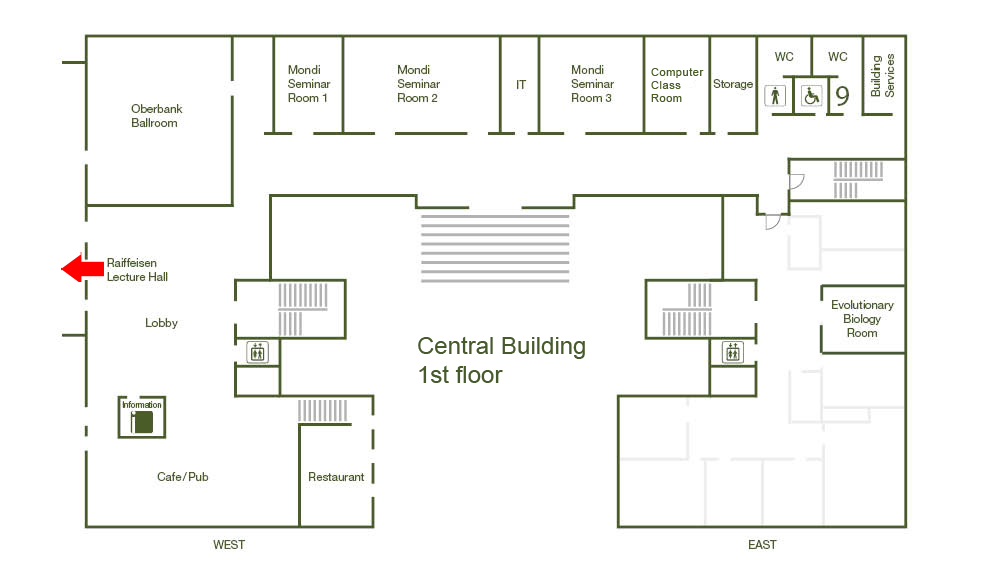An evolutionary perspective on meiotic recombination in vertebrates

Meiotic recombination is a fundamental genetic process that generates new combinations of alleles on which natural selection can act and ensures the proper alignment and segregation of chromosomes. Recombination events are initiated by double strand breaks deliberately inflicted on the genome during meiosis. As I will discuss, in vertebrates, there appear to be two main mechanisms by which the locations of these double strand breaks are specified: through binding of the gene PRDM9 or by localization to promoter-like features of the genome. I will present our recent work linking these two mechanisms to dramatic differences in the evolutionary dynamics of recombination hotspots, and draw out potential implications for hybridization between closely related species.